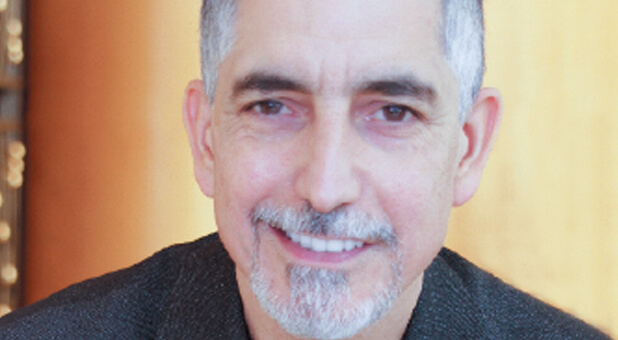Where I disagree with some of my conservative brethren in regard to government involvement is that I believe that, because the Evangelical church has largely abandoned holistic ministry in the twentieth century, the government has had to stand in the gap. However, I believe a better method for the betterment of our communities would be for the civil government to partner with the church and faith-based initiatives in regard to financial aid, wealth creation, education, gun and drug related violence, etc. because the clergy know and understand the communities better than most political leaders. This is why I have co-chaired an initiative called “My Community and Us” with a Democratic New York state senator. I have worked extensively with Democratic elected officials, even though I don’t vote Democratic in national elections, because I believe on a local level we can make a huge difference if we put aside some ideological differences for the sake of our communities and cities and function as salt and light.
Regarding the use of the federal and state governments as the primary solution to societal ills, I ask the following question: Have the socialistic policies of LBJ and the War on Poverty since the Great Society Programs of the 1960s worked? The following is from a book by Jay W. Richards, entitled Money, Greed, and God:
-The war on poverty has become a war on the poor! Before LBJ’s policies, poverty was on the decline and dropped from 22 percent to 15 percent from 1959 to 1965. Since then, it has settled in between 12 to 15 percent. Thus, the trillions of dollars we have spent with government programs to alleviate poverty didn’t work!
-Not only did it fail, but it created social problems worse than it was meant to solve! In the 1920s, when racism was much more overt, there was little statistical difference in out-of-wedlock births between blacks and whites. A federal welfare system designed to help the poor had unintended consequences in that it ended up rewarding destructive behavior! In 1960, before the Great Society programs, out-of-wedlock births for black infants were about 24 percent. By 2005 it had risen to more than 70 percent!
-Data from the National Longitudinal Survey of Youth shows that a 10% increase in welfare benefits resulted in a 12 percent increase in out-of-wedlock births. Another study by the U.S Dept. of Health and Human Services showed that a 50 percent increase in the value of AFDC and food stamp payments led to a 43 percent increase in the number of out-of-wedlock births.
-Welfare is a disincentive to work. Husbands reduced their work hours by 9 percent; wives by 20 percent; young males by 33 percent; singles by 43 percent.
Despite all of these facts, Christian activists still think the federal government ought to be the primary agent for helping the poor, according to Jay W. Richards.
Regarding liberation theology’s marriage with Marxist-socialist ideology to aid the poor:
I agree with the Vatican’s response to liberation theology (regarding its “Instruction on Certain Aspects of the ‘Theology of Liberation’” issued by the Congregation for the Doctrine of the Faith in 1984). In it, liberation theology is strongly criticized for its uncritically borrowed Marxist ideology. This Marxist ideology of class is accused of bringing forth a dangerous new hermeneutic that colors all reality in terms of class struggle and reduces the Bible to politics, so that sin becomes economic and worldly oppression and is only secondarily cosmic evil. It is also further critical of liberation theology for tending to identify the Kingdom of God and its growth with human liberation movements almost to the point of a self-redemption of man by means of class struggle.
The Roman Catholic Church called for a new stage of liberation theology to include liberation from coercive institutions, private and public, that stifle the lives and entrepreneurship of the poor while further impoverishing them and society. It calls for the preferential option for the poor to mean advocacy on behalf of the poor for their freedom as economic actors in a properly regulated market. It also understands the need to recast dependency theory to include exploration of the role dependency on the state has played in perpetuating poverty (see page 239 in Kingdom of God and the Teaching of Jesus by Mark Saucy).
The great weakness of liberation theology is its reduction of biblical hermeneutics to the lens of victimology and its teaching that the only viable interpretation of the Scriptures is through the eyes of the poor—which isn’t true because Moses, Daniel, Abraham and the patriarchs, Nehemiah, Mordecai, Paul and others did not come out of poverty, yet they interpreted the Bible accurately. They reject theologies from the West as coming from a perspective and motivation that serves their own cultural agenda of oppressing the poor and perpetuating the cycles of poverty.
Because it gives deference to the poor in its reading of Scripture, liberation theology leaves itself open to the charge of unbalanced exegesis and unbiblical results. Some liberation theologians have said that the economically poor are the elect of God and sole heirs of the kingdom (see Pixley and Walsh, God’s Kingdom, page 104).











































